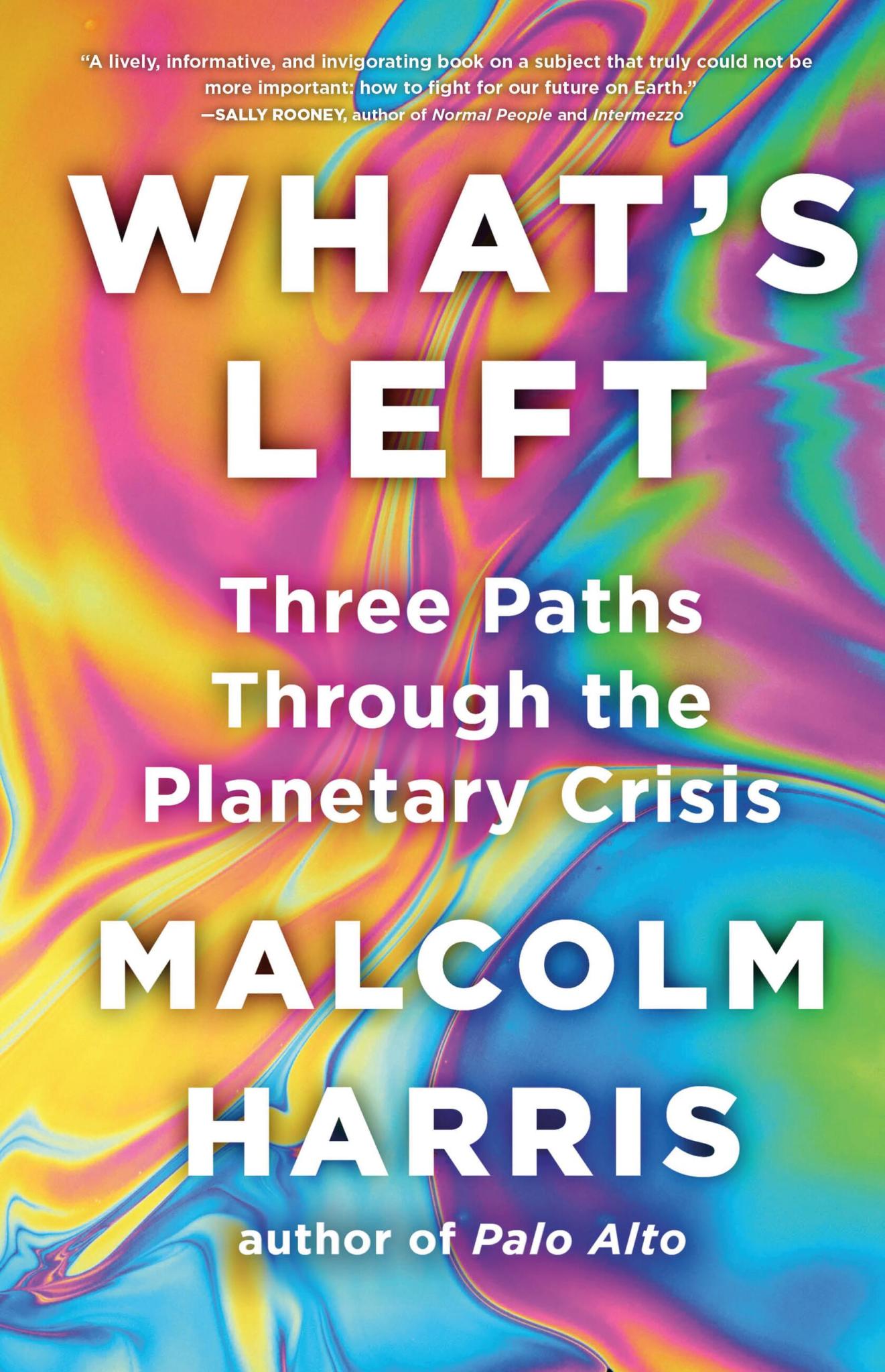Preston Maness replied to John Wilson WSWS's status
@johnwilsonwsws@mastodon.world See my Re: post. I'm no fan of Trots or "anti-Marxists," but if the ideas are sound, they will stand on their own.
@johnwilsonwsws@mastodon.world See my Re: post. I'm no fan of Trots or "anti-Marxists," but if the ideas are sound, they will stand on their own.




















